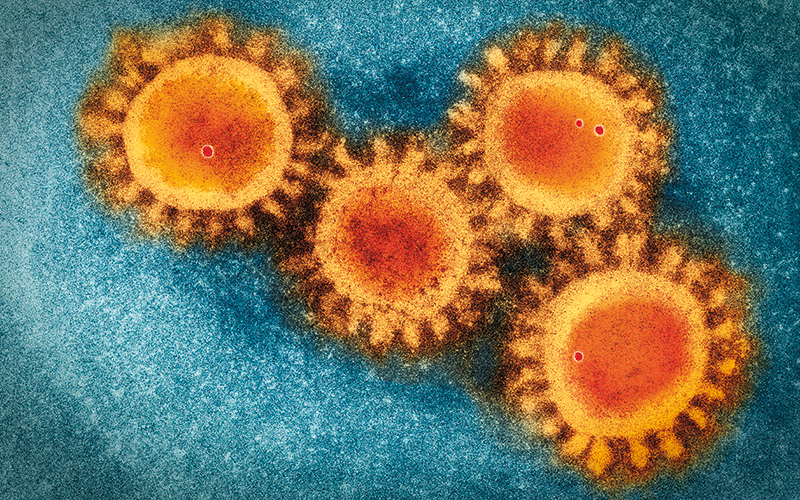Cambridge scientists have used synthetic biology to create artificial enzymes programmed to target the genetic code of SARS-CoV-2 and destroy the virus.

The approach could be used to develop a new generation of antiviral drugs, they said.
In 2014, Dr Alex Taylor and colleagues discovered that artificial genetic material known as XNA – in other words, synthetic chemical alternatives to RNA and DNA not found in nature – could be used to create the world’s first fully-artificial enzymes, which Taylor named XNAzymes.
At the beginning, XNAzymes were inefficient, requiring unrealistic laboratory conditions to function.
Earlier this year, however, his lab reported a new generation of XNAzymes, engineered to be much more stable and efficient under conditions inside cells. These artificial enzymes can cut long, complex RNA molecules and are so precise that if the target sequence differs by just a single nucleotide (the basic structural unit of RNA), they will recognise not to cut it. This means they can be programmed to attack mutated RNAs involved in cancer or other diseases, leaving normal RNA molecules well alone.
Now, in research published in Nature Communications, Taylor and his team at the Cambridge Institute of Therapeutic Immunology and Infectious Disease at the University of Cambridge report how they have used this technology to successfully “kill” live SARS-CoV-2 virus.
Image credit | iStcok



